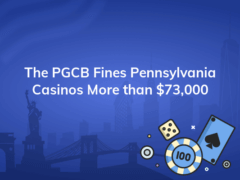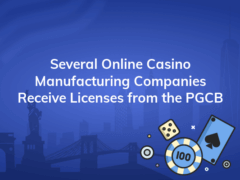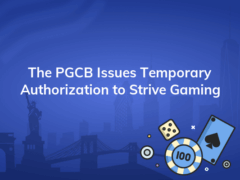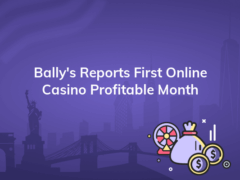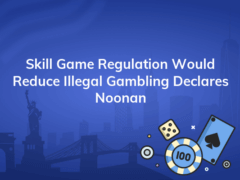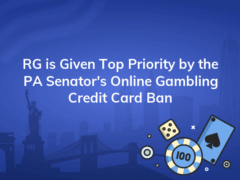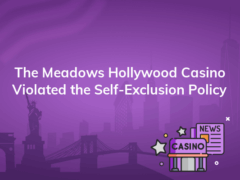A Representative from Parx Casino Calls Sen. Yaw’s PA Skill Game Tax Rate “Laughably Low”
 1K
1K
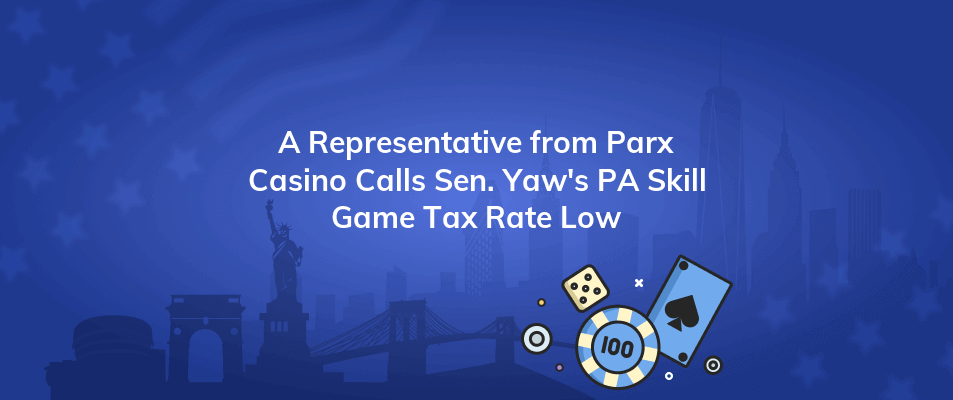
The tax rate of Pennsylvania Senator Gene Yaw’s (R-23) skill games bill has been referred to as “laughably low” by a representative of betPARX PA online casino, Pete Shelly.
Pete Shelly, partner and co-founder of Clear Point Communications and spokesman for Pennsylvanians Against Gaming Expansion, made an appearance on ABC27’s This Week In Pennsylvania recently. Shelly is a representative for Parx Casino.
He discussed a variety of issues on the program, including the tax rate on skill games with Mike Barley, the chief public affairs officer of Pace-O-Matic (POM).
Concerns about consumer protection, the effects on retail, and the PA online casinos have been raised by skill games.
Sen. Yaw’s Measure is Criticized by Shelly, Who Believes Skill Games Should Have a 54% Tax
The Commonwealth Court’s December ruling that skill games are permissible seems to have put an end to the argument over their legality. Now, the topic of regulation and tax rates is being discussed.
The worries about skill games should be allayed by strict laws and an equitable structure. There are two structures, nevertheless, that are totally different. Gov. Josh Shapiro is proposing a 42% tax, while Sen. Yaw submitted a measure with a 16% tax rate.
The number of skill games that are becoming more and more popular in the state is unknown, according to Shelly. That makes determining what is fair challenging. Nevertheless, he does not support Yaw. The entire idea that Pace-O-Matic cannot afford a 42% tax rate, according to Shelly, is absurd. 16 percent is absurdly low.
In an editorial post he penned for the GoErie publication last month, he also criticized Yaw’s tax rate. According to Shelly, Gov. Shapiro’s plan acknowledges the need for tax and regulatory equity for businesses that operate skill games and slot machines. He has suggested taxing skill game earnings at a rate of 42%. Sen. Gene Yaw, a prominent supporter of skill games in the state, has suggested a ridiculously low 16% tax, which is significantly less than the 54% tax that casinos already impose on slot machine income.








